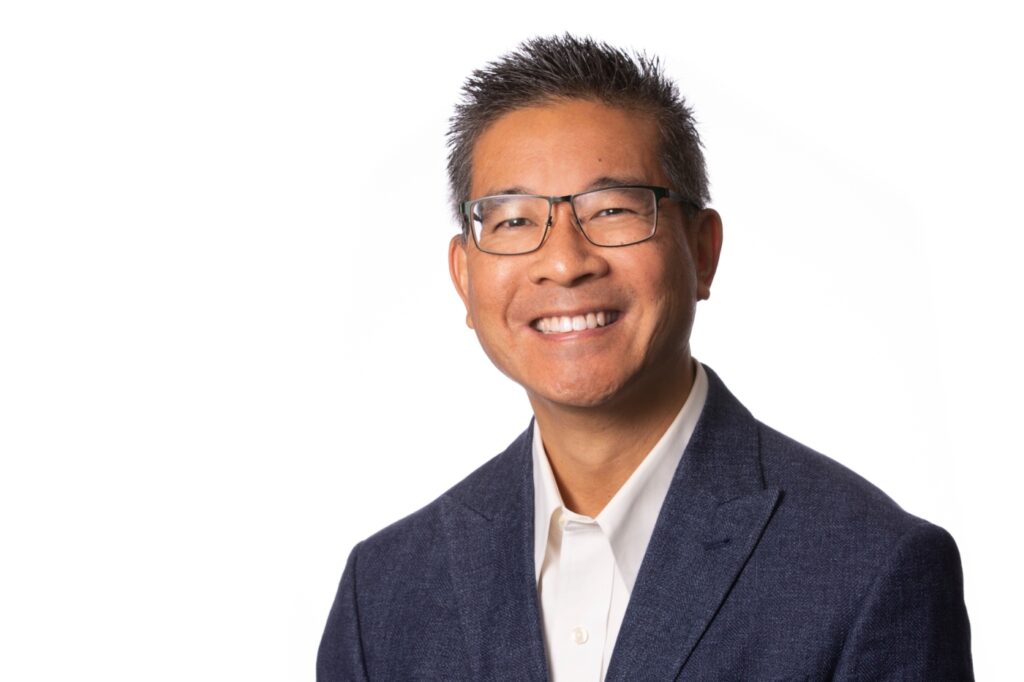
By Nicole Gregory, contributing writer
Resiliency in the Asian Pacific Islander Desi American community was highlighted in an April 13 Titan Table Talk in honor of APIDA Heritage Month. After a welcome from CSUF President Fram Virjee, panelists told personal stories of resiliency and described how the characteristic is demonstrated in the many Asian American cultures.
Moderating the virtual event was Chi-Chung Keung, director of News Media Services and senior communications counsel at Cal State Fullerton, who is also co-president of the Asian American Pacific Islander Faculty and Staff Association on campus.
One component of resilience is the joining together of the diverse groups of Asian Americans for support through adversity, such as the recent increase in hate crimes.
“Since the Asian American community is made up of many diverse people/cultural groups such as Chinese, Japanese, Korean, Thai, Filipinos, Laotian, Vietnamese, Hmong, Indonesian and Malaysian, to name a few, they have learned to unite while being diverse,” Keung said before the event. “As a result, each of these groups individually and collectively has learned to support one another and overcome adversities throughout their history. Many in our Asian/APIDA communities here have had to flee wars, lose homes, separate from families and acquire a new language just to survive.”
Struggle and discrimination are hardly new, said Ding-Jo Currie, a lifelong educator who leads the Higher Education Leadership Program in the College of Education.
Ding-Jo Currie leads the Higher Education Leadership Program in the College of Education at Cal State Fullerton. (Courtesy of CSUF News Media Services)
“In my opinion, the APIDA communities in the United States have always demonstrated resiliency throughout history,” said Currie, who arrived in the U.S. from China when she was a teenager. “Through the political ups and downs, there have been waves of anti-Asian social and political action ever since the 1800s, starting with ‘Yellow Peril,’ the L.A. Massacre, Chinese Exclusion Act, Vincent Chin and Joseph Ileto’s murders, pandemic backlashes, and most recently, the countless Anti-Asian attacks.”
One of Currie’s international students recently experienced a traumatic anti-Asian attack, she said. “The Asian American communities have shown a tremendous amount of resiliency through these challenges.”
Personal resiliency is often nurtured in the family. Panelist Quyen Tien, a 2015 Cal State alumna, said her parents escaped by boat from Vietnam and arrived in Australia, where she was born and raised, and their story inspired her from an early age.
“I am very fortunate to have such great parents,” said Tien, who works as a recruiter for Stripe, a financial services company. “My parents were always reminding us how lucky we were to have a roof. They instilled in me good principles and morals and taught me to take school seriously and give back to the community.
“My dad went back to school and graduated when he was 35,” she said. “I thought, if my dad can do it, I can do it.”
Echoing that sentiment, Keung said, “As an immigrant family and growing up in Pasadena, I saw my dad working two jobs while my mom would clean houses as soon as my brothers and I would go to school.”
Keung was born in Hong Kong and came to the U.S. when he was 6. “Though neither of my parents could speak English and I was just learning the language, I remembered my dad sitting next to me while I was doing homework with his Chinese/English dictionary to help translate. I was raised with the understanding that resilience was built upon hard work and a tenaciousness to keep going, even when the going got tough.”
A strong network of supportive family, friends and colleagues was identified by panelist Tom Clark, a 2019 alum, as key to his resilience. When he had to deal with severe health issues, his family helped him recover. Meanwhile, his thesis chair at Cal State Fullerton “went above and beyond” to help him finish his thesis, and Clark was ultimately invited to teach at CSUF.
“Having a strong support system in place enabled me to be resilient,” said Clark, who is an assistant vice president at Oaktree Capital and a part-time faculty member in the Economics Department at CSUF.
Developing a strong spiritual core is important to weather ups and downs, Currie said.
“To be resilient, one needs to take control of one’s mindset and emotions. I pay attention to the consciousness of my thoughts. When failures occur, I practice self-discipline and self-care before beginning to redesign the plans.”
Faith is key, she said.
“I have found the APIDA community to be deeply spiritual with the most diverse spiritual beliefs from Christianity, Buddhism, Muslim, Hindus, Zoroastrians, Baha’is and more,” Currie said. “For those who don’t subscribe to organized religions, ancient philosophers such as Lao Tzu, Confucius, and Mengzi have influenced a great majority of Asians’ deep spiritual pursuit. Combined with strong family ties, responsibility and a sense of community, all of this contributes to the APIDA resiliency.”
Related Articles
Tennis is therapy for Ukrainian student far from home and family
Army Special Ops ‘Black Daggers’ descend over Cal State Fullerton
Titan Capital Management team notches 3rd straight win in financial analyst competition
In-person workshops and events return to Fullerton Arboretum with spring
Ukrainian-born professor monitors cybersecurity threats in his native country
